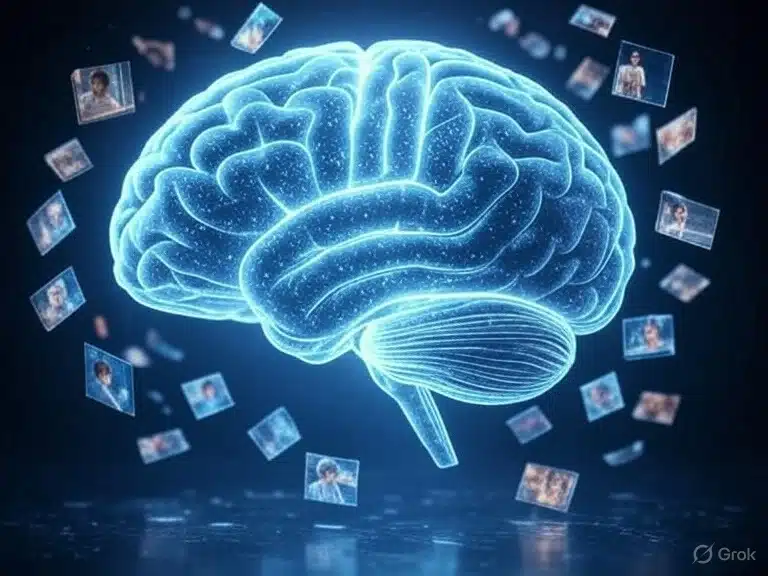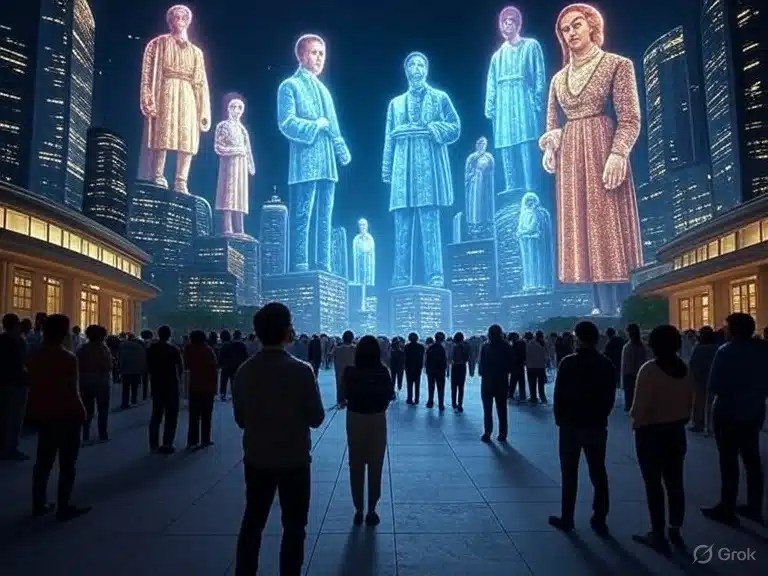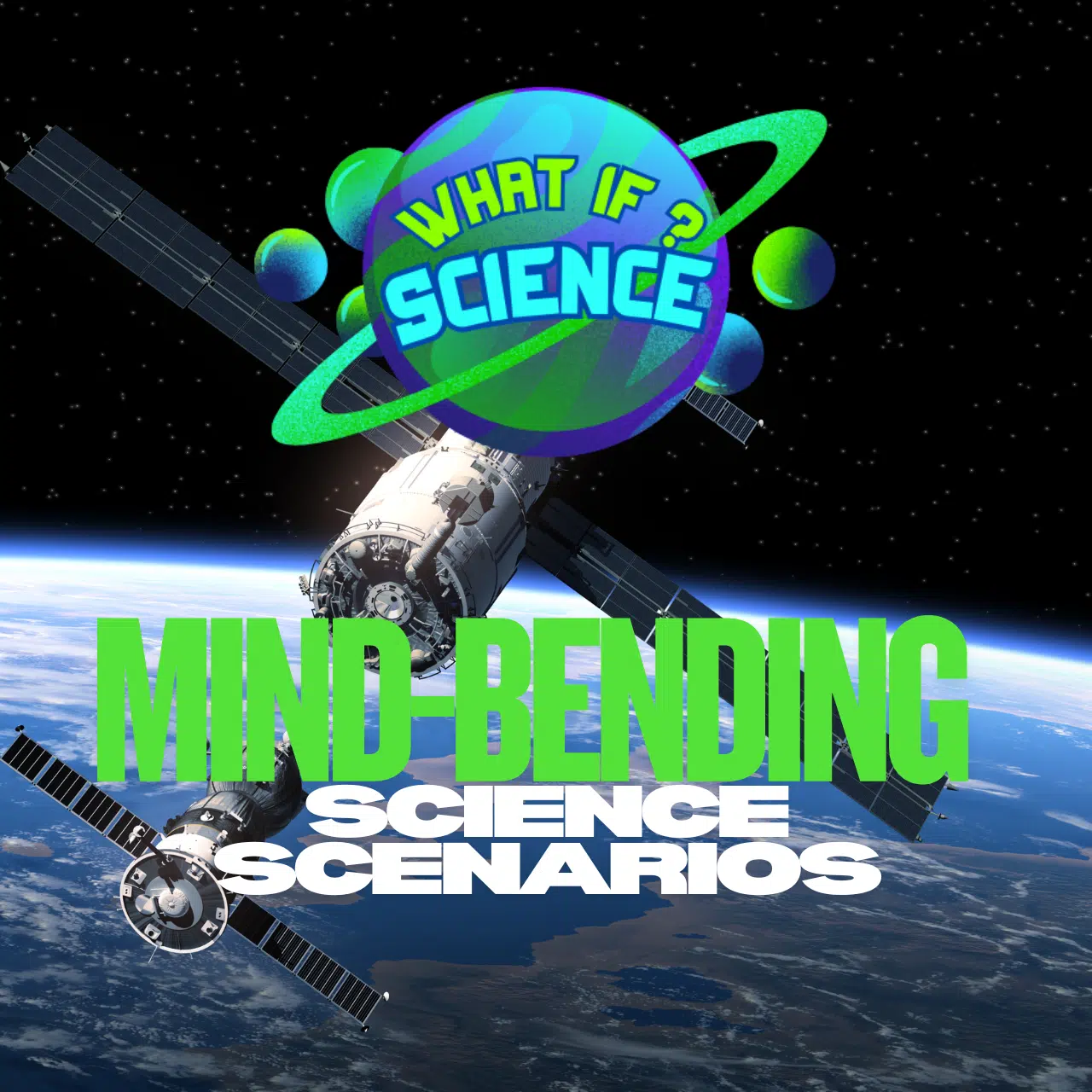Memories shape who we are. They guide our decisions, strengthen relationships, and preserve our identities. Yet human memory is imperfect. Over time, details blur, events are forgotten, and even life’s most precious moments fade away. But imagine a different reality: What if the human brain could store every memory forever, perfectly intact?
Such a transformation would alter not only our individual lives but also the future of society, relationships, and even technology.
How Human Memory Works Today
The brain doesn’t store memories like a computer. Instead, memories are patterns of neural connections. Over time, these connections weaken, are reshaped by new experiences, or even erased.
Forgetting isn’t a flaw—it’s essential for mental health. Without forgetting, the brain could become overwhelmed by irrelevant details, making it harder to focus on important information.
If memories never faded, our brains would operate more like limitless hard drives, recalling every experience with total precision.
The Benefits of Eternal Memory
1. Perfect Learning and Knowledge Retention
Students, scientists, and professionals would no longer forget lessons, formulas, or complex skills. Humanity’s intellectual growth would accelerate, with each generation becoming vastly more knowledgeable than the last.
2. Eliminating Alzheimer’s and Memory Loss
Diseases like Alzheimer’s and dementia would no longer strip people of their identities. Every moment—from childhood laughter to lifelong achievements—would remain preserved.
3. Stronger Personal Relationships
No one would forget anniversaries, childhood friendships, or family milestones. Emotional bonds could grow deeper when all shared experiences remain vivid across decades.
4. Historical Accuracy
With perfect memory, eyewitness accounts would be flawless. Human history would be documented in living minds, ensuring truth without distortion.

The Challenges of Never Forgetting
1. Emotional Overload
Memories of heartbreak, trauma, or grief would never fade. People might relive painful experiences constantly, leading to higher rates of depression, anxiety, and emotional exhaustion.
2. Forgiveness Becomes Harder
Forgiving others often requires forgetting some pain. With eternal memory, every argument, betrayal, or mistake would remain crystal clear, potentially damaging relationships beyond repair.
3. Cognitive Overcrowding
Even with infinite memory, the human brain would need advanced ways to sort, categorize, and prioritize information. Without forgetting, daily decision-making could become overwhelming.
4. Privacy Concerns
If memories could be accessed externally (through technology or surveillance), eternal memory could become a double-edged sword. Governments, companies, or hackers might attempt to exploit or manipulate stored memories.
Society in a World Without Forgetting
Education Revolution
Schools would become knowledge accelerators. Children could learn multiple languages fluently, memorize complex subjects, and pass down vast intellectual traditions without loss.
Justice System
Court cases would transform. Eyewitnesses could recall exact details of crimes, eliminating wrongful convictions. At the same time, this raises ethical dilemmas: should all memories—even the most private—be admissible in court?
Relationships and Family
Family legacies would remain alive forever. Grandparents could vividly share experiences from decades earlier, creating living timelines that connect generations. But conflicts might linger indefinitely if people never forget disagreements.
Technology and AI Integration
Eternal memory could merge with digital systems. Humans might upload their memories into databases, creating hybrid human-AI beings with flawless recall. This could pave the way for digital immortality, where people’s experiences live on even after death.

Could This Ever Be Possible?
While perfect biological memory remains impossible today, neuroscience and technology are inching closer.
- Memory-enhancing drugs: Some experiments already attempt to strengthen recall.
- Brain implants: Researchers are testing neuroprosthetics that store information directly into brain circuits.
- AI memory backups: Companies are developing tools to record and digitally reconstruct life experiences.
In the future, humans may not biologically store all memories forever—but they could merge with AI systems to achieve the same effect.
The Balance Between Remembering and Forgetting
Though eternal memory sounds appealing, forgetting serves an important role in human happiness. It helps us heal from loss, let go of mistakes, and make space for new experiences.
The ideal future might not be one where every memory is preserved—but one where humans can choose which memories to keep forever and which to release. This selective memory could bring the best of both worlds: deep learning and growth without endless emotional suffering.
Conclusion
If human brains could store memories forever, society would transform in breathtaking ways. Knowledge would expand exponentially, families could preserve legacies across centuries, and diseases of memory loss would vanish. But the challenges of trauma, emotional overload, and social tension remind us that forgetting is as vital to being human as remembering.
Ultimately, the future of memory may not lie in perfection but in conscious control—a world where humans can decide what deserves to be eternal and what is best left in the past.

